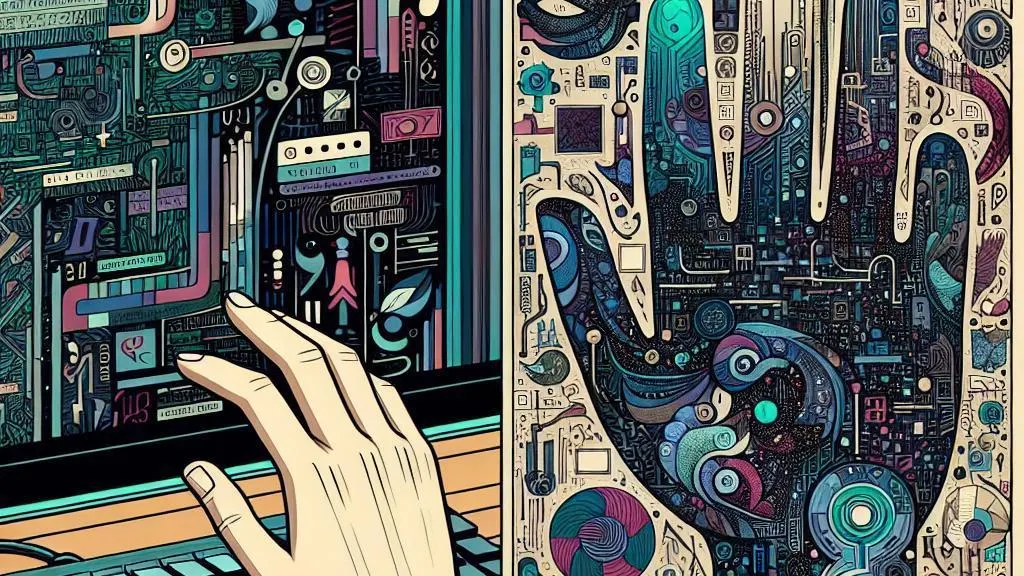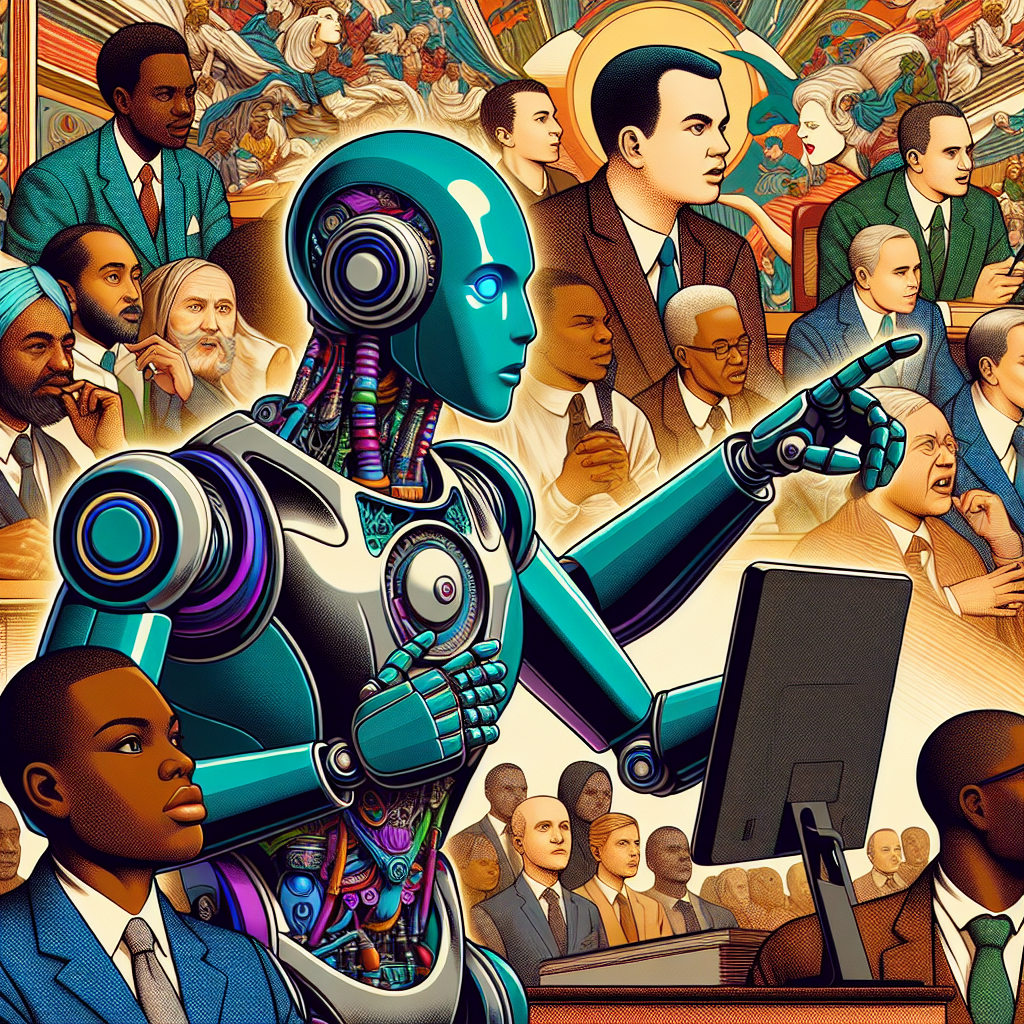How are marketing professionals using generative AI tools, and what are the benefits?
As you embark on this exploration of the changing marketing landscape, be prepared: you are …

The rapid advancement of artificial intelligence (AI) is reshaping numerous industries, and the world of coding is no exception. This article gets into AI's transformative impact on software development, challenging traditional perspectives and exploring the potential future landscape of coding.
Recent discussions in the tech community have highlighted a divide in opinions regarding AI's role in coding. A notable article published in Fortune magazine featured a developer's assertion that AI would never replace human coders. While reflective of a segment of the industry, this stance fails to acknowledge the significant strides AI has made in software development.

My experience serves as a testament to AI's coding capabilities. Despite lacking formal training in programming languages, they have successfully created over 20 diverse projects using AI assistance. These projects span a wide range of technologies and frameworks, including:
This achievement demonstrates that with AI's support, individuals with a basic understanding of coding principles can create complex software solutions without writing code manually.
The integration of AI into coding practices is occurring in stages:
Rapid advancements in AI technology are increasingly challenging the belief that AI cannot replace human coders. Traditional developers may unknowingly be contributing to their obsolescence by feeding code into repositories like GitHub, which in turn enhances AI models' capabilities.
Arguments against AI's ability to reason, problem-solve, or be creative in coding are becoming less relevant. AI's strength lies not in creating entirely new concepts but in understanding and solving existing problems through its vast accumulated knowledge.
As AI takes on more coding tasks, the skills required for success in the field are evolving. The future of coding may not demand mastery of specific programming languages but rather:

Concerns about AI-generated code quality, security, and efficiency are often overstated. It serves its purpose if the code meets the specified requirements and functions as intended. Moreover, these concerns are based on current coding standards, rapidly evolving alongside AI capabilities.
Recent studies and industry reports provide additional context to the growing influence of AI in coding:
The rise of AI in coding has far-reaching implications for the software development industry:
To thrive in this evolving landscape, individuals and organizations should consider the following strategies:
Integrating AI into coding practices is not just an inevitability; it's an ongoing revolution reshaping the software development landscape. While the notion that AI will completely replace human developers may be premature, it's clear that the role of coders is evolving rapidly.
By embracing AI's capabilities, we open doors to unprecedented productivity, innovation, and accessibility in software development. The future of coding lies not in resisting this change but in adapting to it, leveraging AI as a powerful tool to push the boundaries of what's possible in technology.
As we move forward, it's crucial to approach this transition with an open mind, continuously updating our skills and perspectives to align with the evolving technological landscape. Tomorrow's coders may not be defined by their ability to write lines of code but by their skill in orchestrating AI to create innovative solutions to complex problems.
Some other posts you may like

How are marketing professionals using generative AI tools, and what are the benefits?
As you embark on this exploration of the changing marketing landscape, be prepared: you are …
August 01, 2024
Read More
Navigating the Age of AI | Balancing Human Creativity and AI Technology
AI has made significant strides in various industries in recent years, and the world of …
August 01, 2024
Read More